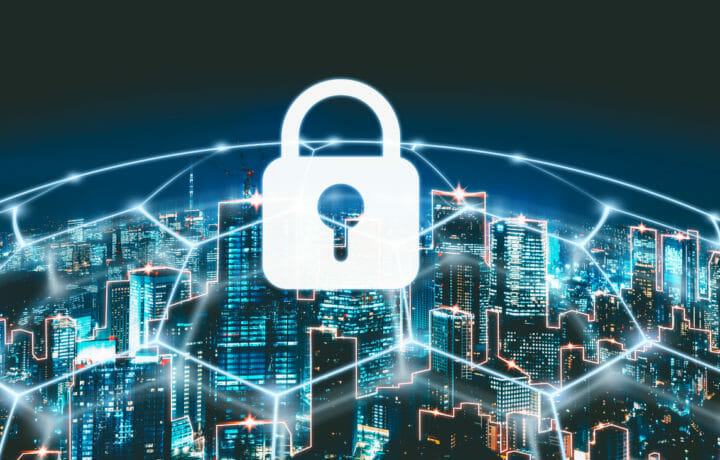In law school, I vaguely remember a case discussed from 1921, Burdeau vs McDowell, in which the Supreme Court ruled that evidence obtained illegally from a private search was not subject to Fourth Amendment protections. The exact phrase was that evidence obtained without authorization by a person, unconnected with the government, are admissible to “use in prosecuting an offense where the documents are of an incriminatory character.”
Private Search Doctrine
The Burdeau ruling has come to be known as the Private Search Doctrine. The case was analyzed a bit more in the 2020 United States v. Miller ruling, in which a law enforcement officer reviewed images provided by a Google hashing algorithm which depicted child pornography. The algorithm was put in place by Google to detect potential predatory and illegal acts by users. The information was reported to the Cyber Tip Line for the National Center for Missing and Exploited Children. NCMEC turned it over to law enforcement, which they used to form the basis of a search warrant. There have been variations on the Miller ruling by different circuit courts about information gathered by Internet Search Providers such as Google and Facebook. In fact, such searches have been written about and analyzed by numerous law scholars and others, even presented to Congress.
privacy violation allegations
Where the doctrine becomes fascinating, in my opinion, is when online vigilantes, hacktivists, and AI-driven intelligence-gathering companies get involved. While their discovery of any crime or evidence of a crime through means that violate the Computer Fraud and Abuse Act or Social Media Terms of Service Agreements sounds highly probable, there really has been few cases or discussions about the subject, as it has focused on privacy violation allegations against Internet Service Providers.
Why this is intriguing is whether the inaction of law enforcement to shut down on activities of the above groups (personal opinion: despite their transgressions, these groups have shut down or contributed to the arrest of many of society’s malfeasants), is tantamount to participation or knowledge of law enforcement? Furthermore, is lack of or weak prosecution of groups post involvement acquiescing in their behavior? Let us face it, the talent in the cybersecurity world is spread thin, and law enforcement operates with limited resources in the field. Any help they can get is probably appreciated, even if tacitly. I realize it will take the perfect storm for the scenario posed to actually be raised in court, but I predict it will happen soon and maybe more often than once.



